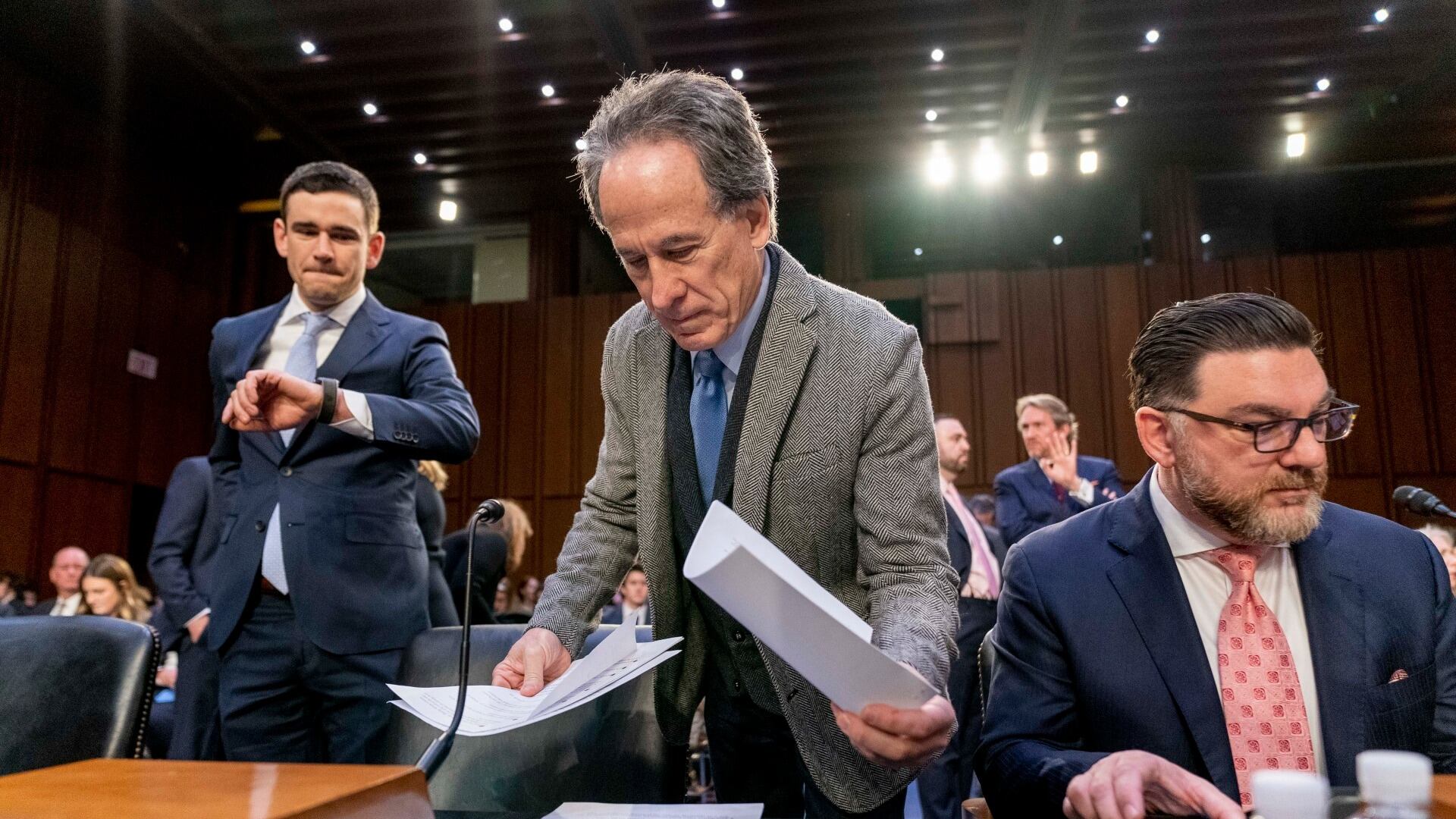The Senate Judiciary Committee on Tuesday held a hearing looking into entertainment giant Live Nation's role in the botched pre-sales process for Taylor Swift's Eras tour. A combination of website outages, high fees, and long wait times caused a backlash among customers who were already frustrated with the company's market dominance.
"To have a strong capitalist system, you have to have competition. You can't have too much consolidation — something that, unfortunately for this country, as an ode to Taylor Swift, I will say, we know 'all too well," said Democratic Senator Amy Klobuchar of Minnesota.
While T-Swizzle herself was not in attendance, a cross-section of musical artists, small venue owners, rival ticket companies, and legal experts offered their perspective. Joe Berchtold, president and CFO of Ticketmaster parent company Live Nation Entertainment, also used the occasion to once again apologize for the issues.
"As we said after the on-sale, and I reiterate today: We apologize to the fans. We apologize to Ms. Swift. We need to do better and we will do better," he said.
However, Berchtold maintained that Live Nation's dominant position in the market was not responsible for the mishaps surrounding Swift's Eras tour. Instead he pointed the finger at a bot attack that caused massive inflow of traffic to the Ticketmaster website.
“While the bots failed to penetrate our systems or acquire any tickets, the attack required us to slow down and even pause our sales,” Berchtold said in a prepared statement. He added that companies such as Ticketmaster are currently in an "arms race" with bots, scalpers, and cyber criminals trying to buy tickets for resale.
Jerry Mickelson, CEO and president at Jam Productions, a venue-owner in Chicago, rejected this explanation. "You can't blame bots for what happened to Taylor Swift. There's more to that story that you're not hearing," he said.
Jack Groetzinger, CEO and founder of rival ticket company SeatGeek, blamed the fact that Live Nation essentially has a monopoly on ticket sales for live events.
"Live Nation controls the most popular entertainers in the world, routes most of the large tours, operates the ticketing systems, and even owns many of the venues," he said. "This power over the entire live entertainment industry allows Live Nation to maintain its monopolistic influence over the primary ticketing market."
Lawmakers from both sides of the aisle tended to agree with this assessment, and several floated the idea of the Department of Justice pursuing an antitrust lawsuit.
“I want to congratulate and thank you for an absolutely stunning achievement: You have brought together Republicans and Democrats in an absolutely unified cause,” said Democratic Sen. Richard Blumenthal to Berchtold.
Updated: Added missing citation for the quote in the second paragraph.













